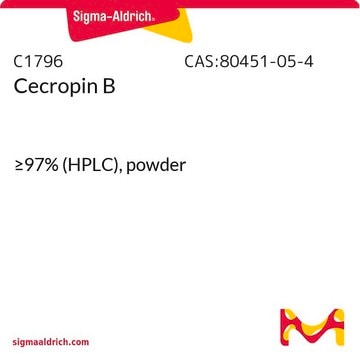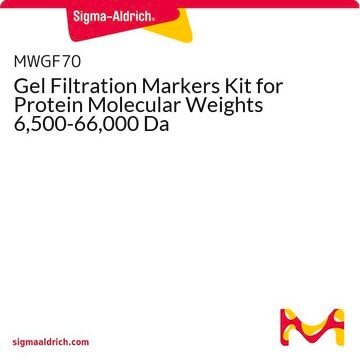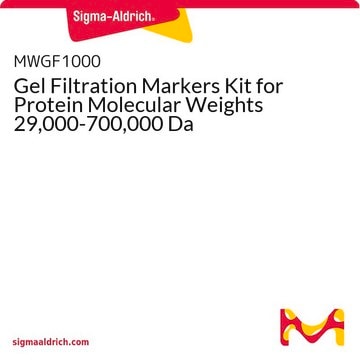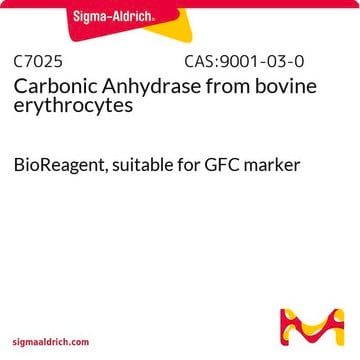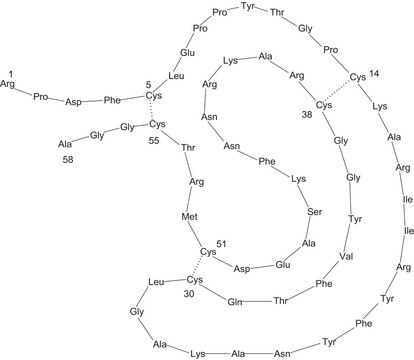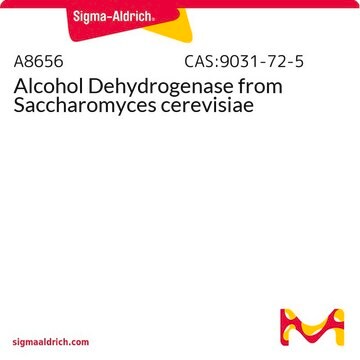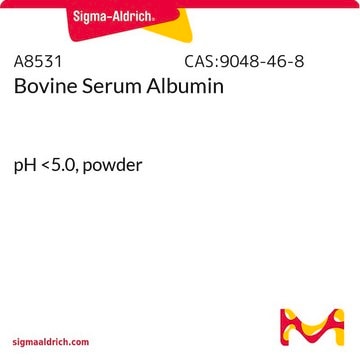C7150
Citocromo c from equine heart
BioReagent, suitable for GFC marker
Sinónimos:
Citocromo c from horse heart
About This Item
Productos recomendados
product line
BioReagent
Quality Level
form
powder
mol wt
~12,400
packaging
vial of ≥10 mg
suitability
suitable for GFC marker
storage temp.
−20°C
¿Está buscando productos similares? Visita Guía de comparación de productos
Application
Biochem/physiol Actions
Other Notes
Storage Class
11 - Combustible Solids
wgk_germany
WGK 3
flash_point_f
Not applicable
flash_point_c
Not applicable
ppe
Eyeshields, Gloves, type N95 (US)
Certificados de análisis (COA)
Busque Certificados de análisis (COA) introduciendo el número de lote del producto. Los números de lote se encuentran en la etiqueta del producto después de las palabras «Lot» o «Batch»
¿Ya tiene este producto?
Encuentre la documentación para los productos que ha comprado recientemente en la Biblioteca de documentos.
Los clientes también vieron
Protocolos
Gel filtration chromatography is an established method for determining the size and molecular mass of proteins.
Chromatograms
application for HPLCapplication for HPLCapplication for HPLCNuestro equipo de científicos tiene experiencia en todas las áreas de investigación: Ciencias de la vida, Ciencia de los materiales, Síntesis química, Cromatografía, Analítica y muchas otras.
Póngase en contacto con el Servicio técnico